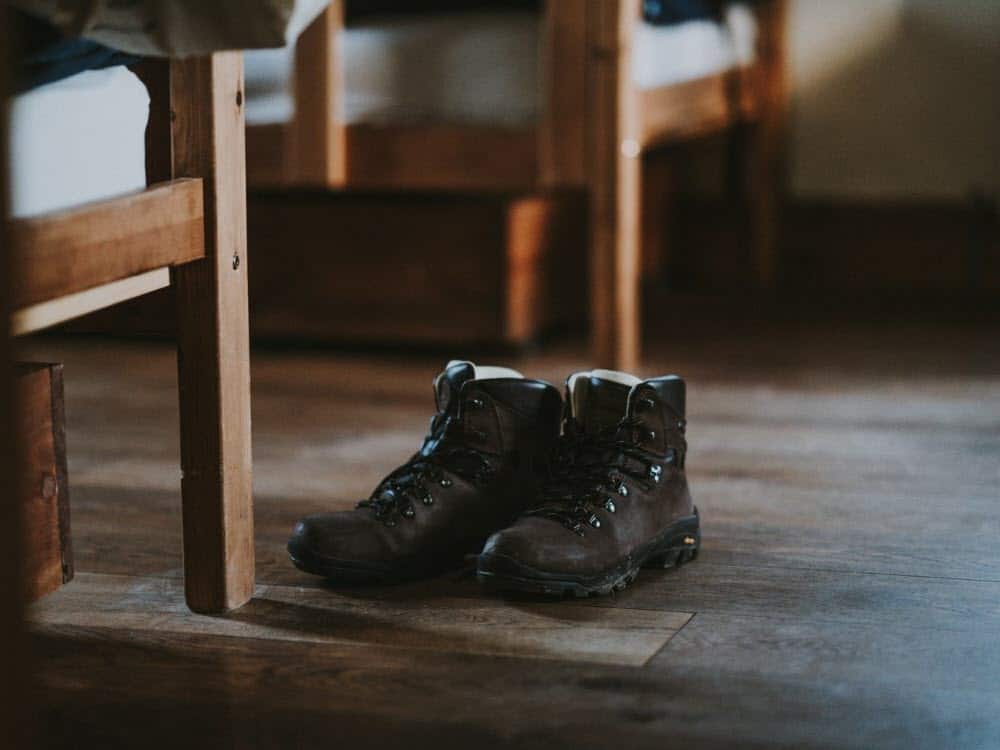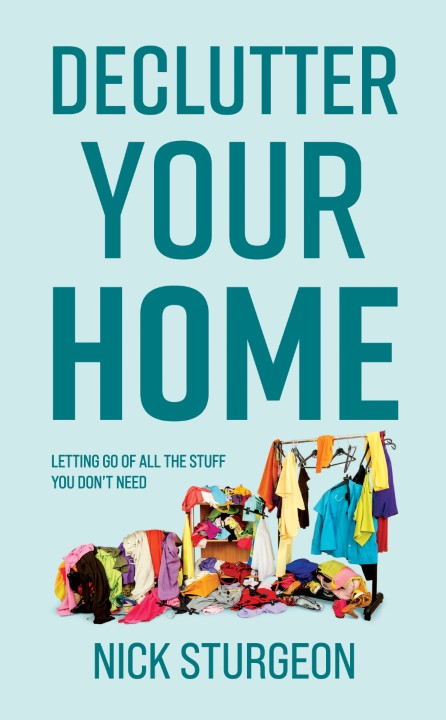I volunteered recently at a countryside youth hostel for walkers and climbers, in the heart of the beautiful English Lake District. I was part of a ten person group who were there to prepare the hostel for the next six months of heavy use by visitors. We all worked together to clear rooms of furniture in advance of commercial carpet cleaners. In small teams of two and three we painted the common room and dining rooms, we painted corridors and stairwells. One day I worked outside and pushed wheelbarrows of gravel to create the paths around the campsite. On another I chopped up small branches and old timber pallets to create the kindling for the open fire in the main common room and bar area.
It was a brilliant week away from home, working at practical tasks each day and then being free in the late afternoon for a walk on the mountains that surrounded us and a chat in the bar and by the log fire each evening. Each day I chatted with whoever I was paired up with for our work and it was fascinating to see a glimpse of the lighter life in action for these other volunteers.
Rob had been working for the past year at a timber chalet holiday home site in Austria, ensuring that six cabins were always ready for the scheduled arrival of holiday makers. He had arrived back from Austria just a week before our working party in the Lake District. The next week he was going on to repeat the process at a hostel in Ambleside. Then again at other youth hostels in Keswick, Longthwaite, Settle, and on to York. All attractive places in the UK. In all he was going to be living and volunteering in eight different hostels on working parties over three months until he takes up a full time job at an adventure holiday site in Scotland from March to October.
Through our conversations I learned that he had only as many clothes as he needs for two weeks in between washing them. He keeps these in his car along with a laptop and half a dozen paperback books for his entertainment. He has no home and very few possessions. The few things he regards as valuable he keeps stored at his stepmom’s house. Otherwise he lives by attending working parties at hostels for three months of each year and receiving a small amount of expenses money each time. The other nine months of the year he does paid full time work at holiday sites where he receives his accommodation for free.
He saves successfully because with no accommodation costs and all his food provided by the adventure camps, what can he spend money on. For two or three nights every ten days, between each volunteer week, he will either sleep in his car or stay over at a friends house, or go back to stay with his stepmother. Rob is 48 years old and has been doing this for the last ten years. He is financially independent and has significant savings.
The conversation with him about not having many possessions, not owning a house, and never having owned one, was a new perspective for me and opened up some fresh ways of looking at his experience and his approach to ownership, home and money. The obvious light-bulb moment for me was the realisation that for so many regular volunteers the companionship they get while on a working holiday is the reason they return so frequently to such weeks.

